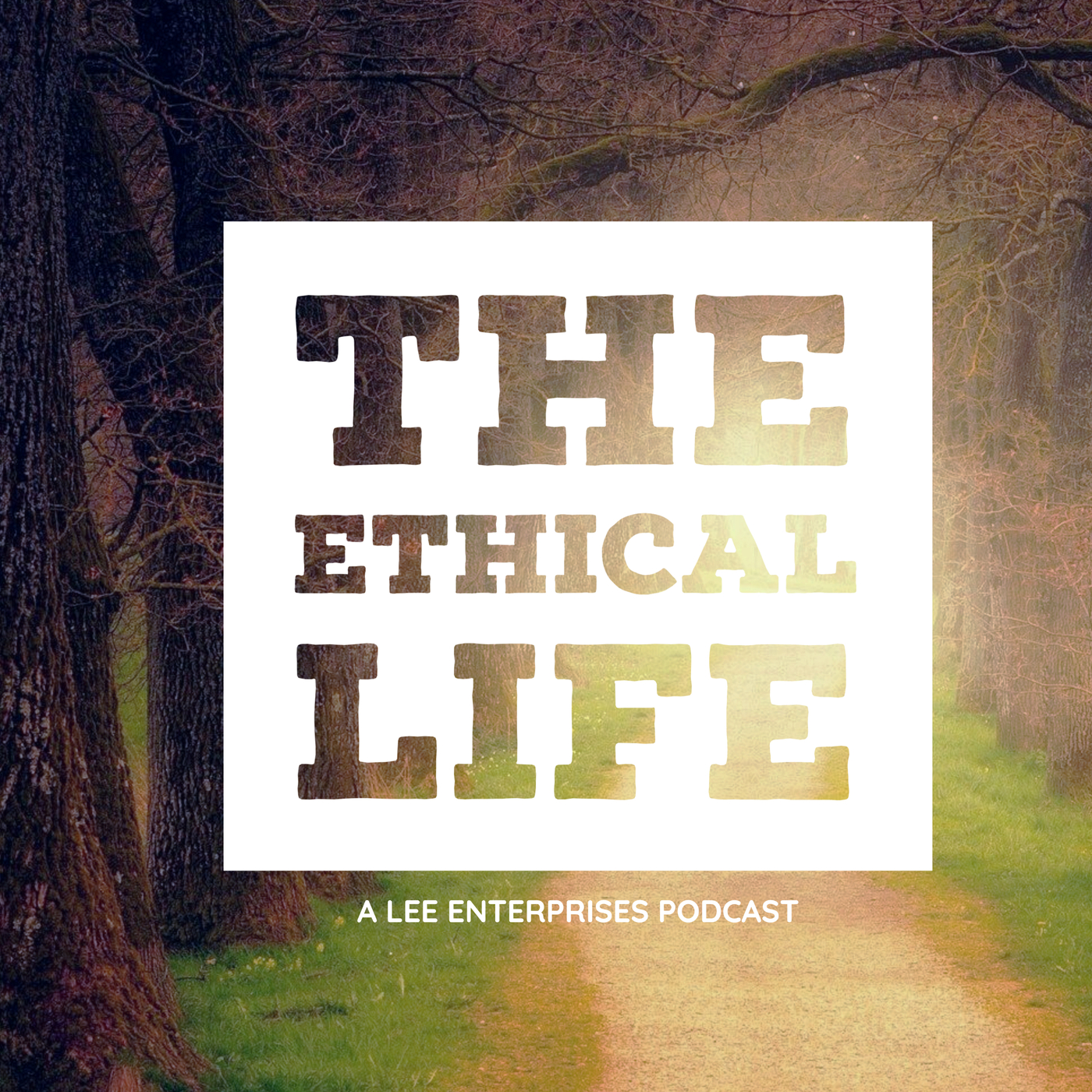About this episode
Published December 11th, 2024, 06:00 pm
Episode 172: Hosts Richard Kyte and Scott Rada discuss the ethical considerations around public disorder in cities, focusing on the growing sense that standards of conduct have slipped in many urban areas.
Kyte introduces the concept of "moral ecology," drawing a parallel to environmental ecology. He argues that a sense of security and predictability in public spaces is a vital component of a healthy moral ecology.
Rada notes that while serious crimes have declined, persistent issues like open drug use, mental illness, homelessness and lower-level offenses contribute to a pervasive feeling of unease among the public.
The hosts say that the fraying of social connections and reduced face-to-face interactions in public spaces may be a root cause of the discomfort many people feel.
Kyte emphasizes the need for more public infrastructure, such as accessible bathrooms, to address the dignity and basic needs of those experiencing homelessness, and the hosts agree that these systemic problems contribute to a broader cynicism about the ability of public institutions to effectively address community issues.
The hosts conclude by suggesting that increasing participation in local government, integrating civil service into school curricula and restoring more autonomy to municipalities could help develop localized solutions to public disorder challenges.
Links to stories discussed during the podcast
Liberalism and public order, by Matthew Yglesias, Slow Boring
The Hidden Politics of Disorder, Ezra Klein, The New York Times
About the hosts
Scott Rada is a digital strategist with Lee Enterprises, and Richard Kyte is the director of the D.B. Reinhart Institute for Ethics in Leadership at Viterbo University in La Crosse, Wisconsin. He is also the author of "Finding Your Third Place: Building Happier Communities (and Making Great Friends Along the Way)."
Social media links
Subscribe
